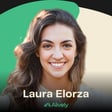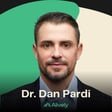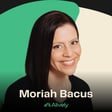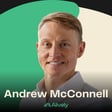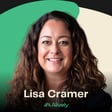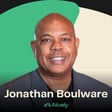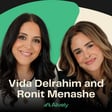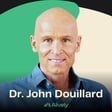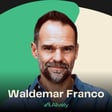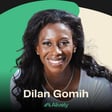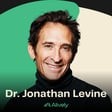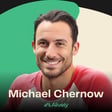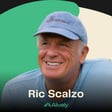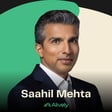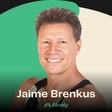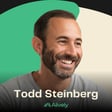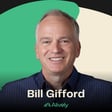
How Loneliness Impacts Your Healthspan with Julia Hotz - E25
Loneliness deeply impacts our mental and physical health, contributing to issues like anxiety, depression, and even chronic diseases. Instead of nurturing strong social bonds and enjoying a vibrant life, you might find yourself trapped in a cycle of solitude and health problems. In this episode, we unpack the concept of social prescribing as a mainstream practice in healthcare, offering a compassionate and inclusive approach that could revolutionize how we address loneliness and its health impacts. You'll learn about how embracing social connections and enjoyable activities as part of your routine can transform your well-being and lead to a more balanced, fulfilling life.
Julia Hotz is a solutions-focused journalist based in New York who emphasizes the positive impact of innovative approaches to global challenges. Her stories have appeared in prominent publications like The New York Times, WIRED, Scientific American, The Boston Globe, and Time. Julia also contributes to the Solutions Journalism Network, helping fellow journalists report on groundbreaking ideas transforming the world. She is the author of "The Connection Cure: The Prescriptive Power of Movement, Nature, Art, Service, and Belonging," which explores how community-based activities can address widespread societal issues.
“It's the gap between the kind of connection we want to have and the connections we do have.” - Julia Hotz
In this episode you will learn:
- How the concept of social prescribing can be integrated into mainstream healthcare, encouraging individuals to discuss it with their doctors.
- The detrimental health and financial impacts of the current healthcare system, and why a more human-focused, cost-effective approach is crucial for sustainability.
- The profound health impacts of loneliness, comparable to smoking 15 cigarettes a day, and the role of social prescribing in addressing this issue.
- The importance of incorporating enjoyment and moderation into healthy routines, emphasizing the value of living a compassionate and balanced life.
- Effective strategies for exercise and stress management, including rethinking physical activity by revisiting childhood sports and spending time in nature.
- Practical tips for improving sleep hygiene and managing diet in a balanced, stress-free manner, highlighting the integration of whole foods and mindfulness in everyday routines.
Resources
- Connect with Julia on Instagram: https://www.instagram.com/hotzthoughts
- Learn more about Julia’s work: https://www.hotzthoughts.com/
- Shop all the products Julia mentions in the episode: https://alively.com/products/julia-hotz
This podcast was produced by the team at Zapods Podcast Agency:
https://www.zapods.com
Find the products, practices, and routines discussed on the Alively website:
https://alively.com/
